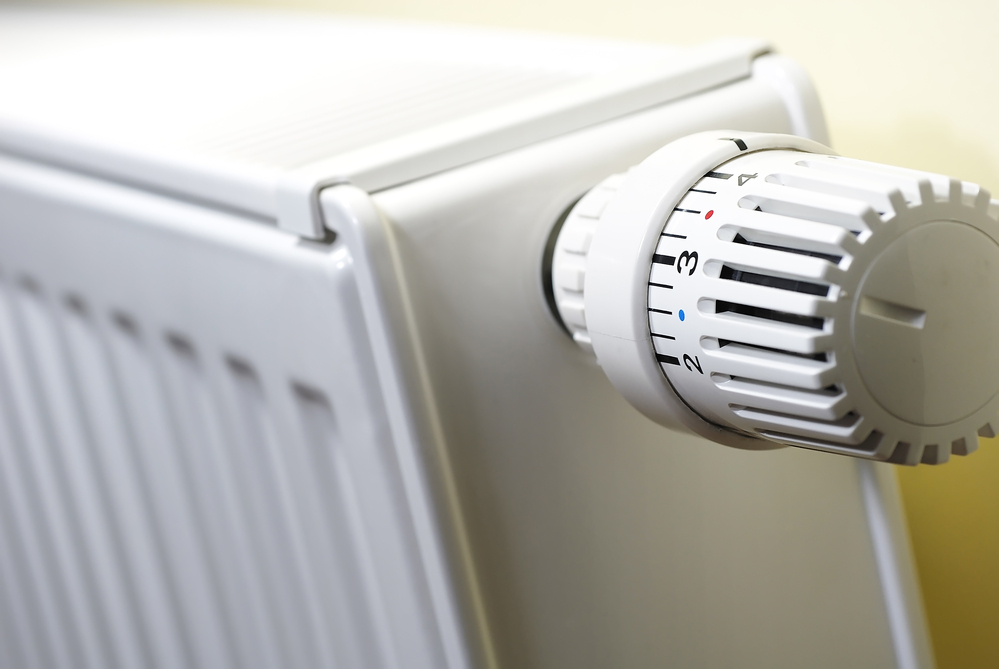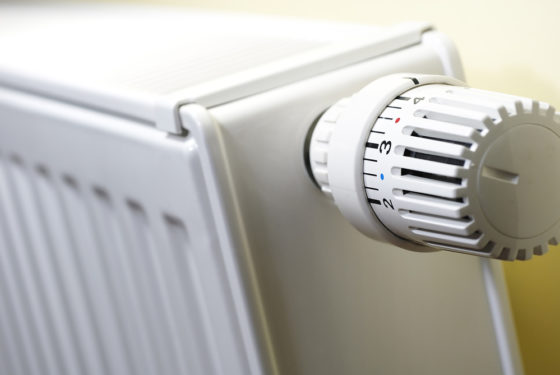From 2026 hybrid heat pumps should be the norm, says minister


Hybrid heat pumps should become the standard replacement for gas-fired central heating systems from 2026, housing minister Hugo de Jonge said on Tuesday.
The minister said the deadline was intended to give suppliers, installation companies and property owners clarity about the new situation because ‘the need to become more energy efficient is high and the speed [at which this is being done] must be increased’.
Households could also opt to switch to the municipal heating network if their local council has set one up, or install a fully electric heat pump if they have the right kind of insulation.
There will ‘of course’ be an exception for property which is not suitable for heat pumps or district heating schemes, De Jonge said in his briefing to MPs. Steps are also being taken to boost both the number of engineers and the production of heat pumps in the Netherlands.
Heating system suppliers have warned in the past there is a shortage of skilled workers to install the new systems.
Air
A hybrid heat pump is a combination of a heat pump, which stores warm air or water, and a central heating boiler and their use leads to an average 60% saving on natural gas consumption, the ministry says.
In well-insulated homes, it may also be possible to switch directly to a fully electric heat pump, which uses no natural gas at all.
The government is setting aside €150 million a year in subsidies to help home owners pay for the change, and low income households will also be able to borrow the money at a zero interest rate from special fund. The maximum subsidy available will be up to 30% of the cost.
Targets
The Dutch government has pledged to ensure all homes in the country are gas free in 2050, aiming for 2,000 in the first two years and building up to 1.5 million homes by 2030.
Dutch home owners association Vereningen Eigen Huis says the cost of installing a hybrid heat pump is currently up to around €6000 but could be as much as €20,000 for a fully electric pump.
Insulation
The VEH, which supports the switch, said three things will be crucial in ensuring the success of the project.
‘It must be affordable, there must be enough capacity in terms of people and equipment, and house owners must be given the right advice about what sort of system to install,’ a spokesman told broadcaster NOS.
In addition, the property must be properly insulated and that means insulated roofs, floors and walls and at least double glazing, the spokesman said. Those costs will come on top of the cost of the new heating system.
The Telegraaf points out that the equipment also takes up more space than a traditional boiler and has an outside element which can cause noise issues for neighbours. Properties also may need to add in extra or larger radiators.
Sector lobby group Techniek Nederland estimates two million of the eight million homes in the Netherlands are currently suitable for hybrid systems.
Thank you for donating to DutchNews.nl.
We could not provide the Dutch News service, and keep it free of charge, without the generous support of our readers. Your donations allow us to report on issues you tell us matter, and provide you with a summary of the most important Dutch news each day.
Make a donation